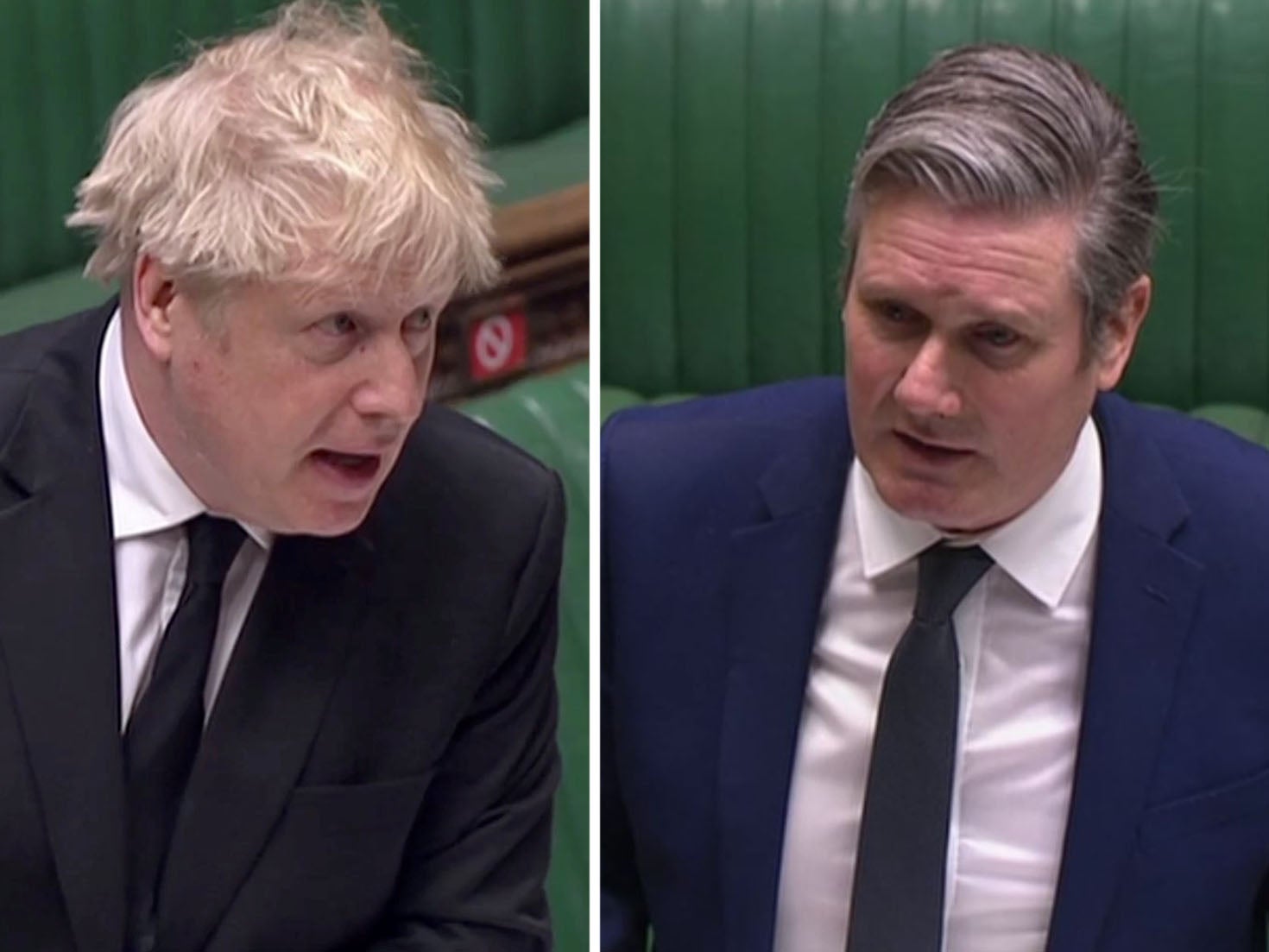Sleaze, corruption and power – yes, the Labour Party knows all about two of these things
There is, probably, a sense that Tories are worse for this kind of thing than everybody else. But then, if power corrupts, they have had more of it than the rest


Your support helps us to tell the story
From reproductive rights to climate change to Big Tech, The Independent is on the ground when the story is developing. Whether it's investigating the financials of Elon Musk's pro-Trump PAC or producing our latest documentary, 'The A Word', which shines a light on the American women fighting for reproductive rights, we know how important it is to parse out the facts from the messaging.
At such a critical moment in US history, we need reporters on the ground. Your donation allows us to keep sending journalists to speak to both sides of the story.
The Independent is trusted by Americans across the entire political spectrum. And unlike many other quality news outlets, we choose not to lock Americans out of our reporting and analysis with paywalls. We believe quality journalism should be available to everyone, paid for by those who can afford it.
Your support makes all the difference.Power tends to corrupt, said Lord Acton. This two line quote, the second line being “absolute power corrupts absolutely”, is far more well known, a hundred and fifty years later, than anything else Lord Acton ever did.
He was a politician, Lord Acton, a liberal MP for about half a decade. If he’d come by a bit more power himself, and thus a flash more corruption, he may have a more substantial legacy.
If power corrupts, and it certainly does, it is much easier for those who haven’t had very much power to point it out. This is what the Labour Party is up to at the moment with regard to the ongoing Greensill Capital scandal, doing its utmost to re-ignite the old Tory sleaze attacks that were so profitable for them as John Major’s government decayed then came to an end in the mid-1990s.
After Prime Minister’s Questions, Labour’s Rachel Reeves led an Opposition Day motion on corruption and lobbying. Its target, principally, was David Cameron, who in 2010 talked tough indeed on the corrosive impact of lobbying on public life, but at the time hadn’t considered how soon he would be in need of a new career.
Ms Reeves made a noble attempt at a kind of grand unified theory of Tory sleaze. From Cameron’s quiet text message-based lobbying of his friends in government, to the cushy contracts for donors for PPE that didn’t work, the refurbishment of the Downing Street flat, and so on, and so on.
Labour probably thinks this kind of thing will work, because it worked in the 1990s. But there were so very many reasons John Major lost so badly in 1997, it is almost impossible to isolate and therefore correctly weigh out the importance of the many allegations of sleaze, most notably the Cash for Questions scandal.
There is, probably, a sense that Tories are just worse for this kind of thing than everybody else. But then, if power corrupts, they have had more of it than the rest. By 1997, Labour had been out of power for almost 20 years. That long out in the cold will freshen up anyone.
Times are a little different now. If it is hoping to waft the stench of corruption entirely over to the Tories’ side of the lift it might find it rather more difficult. If there are a great many voters repulsed by this kind of thing, then they are destined for a long life of disappointment. There are not many good options. If the whiff of sleaze carried Tony Blair into 10 Downing Street then it is not wholly unfair to say it was right there waiting for him when he walked out again. It’s been pointed out many times in the last few days that he was just more canny than Cameron. The wheels he greased were a lot farther from home.
There’s also the fact that, come 2007, there were not a great many people in Gordon Brown’s government that might have done him a favour.
As something of an aside, for most of the time Blair was in government, his most difficult opposition came from his left, in the form of the Liberal Democrats, who opposed him on ID cards, tuition fees and crucially the Iraq War. Their prize for that, quite possibly, was a very rare taste of power three years later. And lo, where is Nick Clegg now? In Silicon Valley, getting very rich indeed, attempting to fix Facebook’s image and defending Mark Zuckerberg’s reputation. Would such an opportunity have presented itself, had power not come first? Certainly not.
Labour might have some success, in the coming weeks, re-badging the Tories as the party of corruption. But it is hard to avoid the sense that a world-weary voter has simply come to expect it of all of them, and not without good reason. More to the point, Jeremy Corbyn had very many faults indeed, but a weakness for personal enrichment probably wasn’t one of them. Ex-prime minister Corbyn, it’s fair to say, wouldn’t have been a great one for corporate lobbying, and not merely because he didn’t know the difference between a loan shark and a hedge fund.
Johnson, on the other hand, well, whenever he gets round to leaving office, the absolute worst is not merely feared but comprehensively expected of him. Keir Starmer and co may wish to consider how little this fact really bothered the voters.
Join our commenting forum
Join thought-provoking conversations, follow other Independent readers and see their replies
Comments